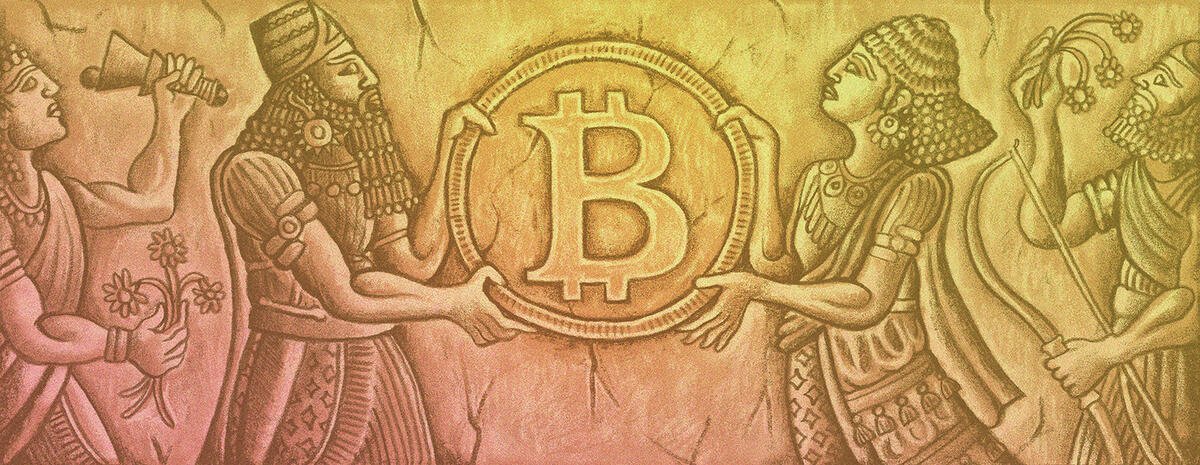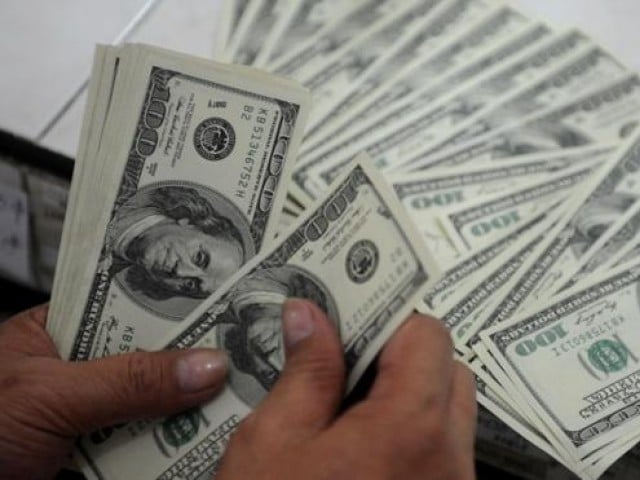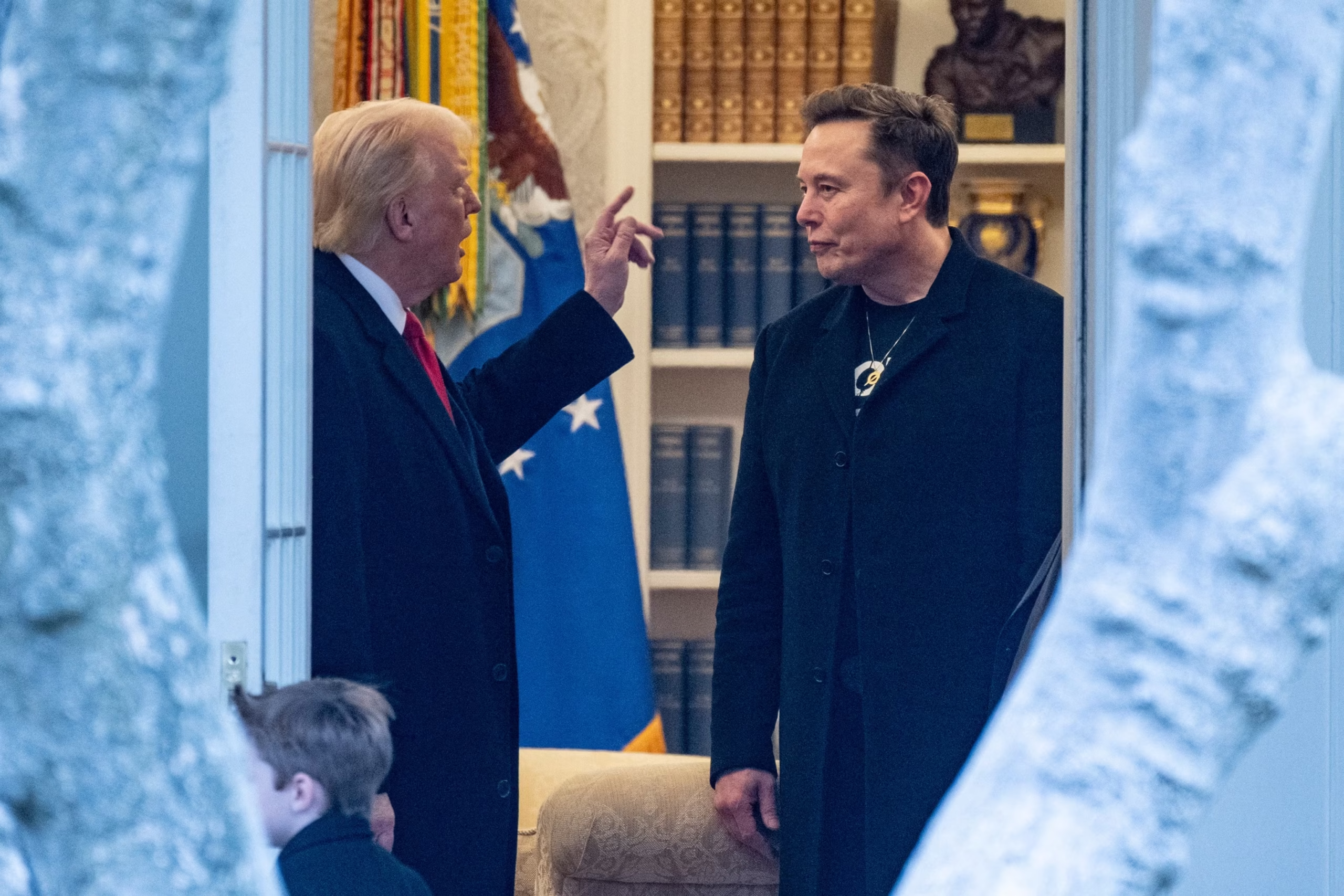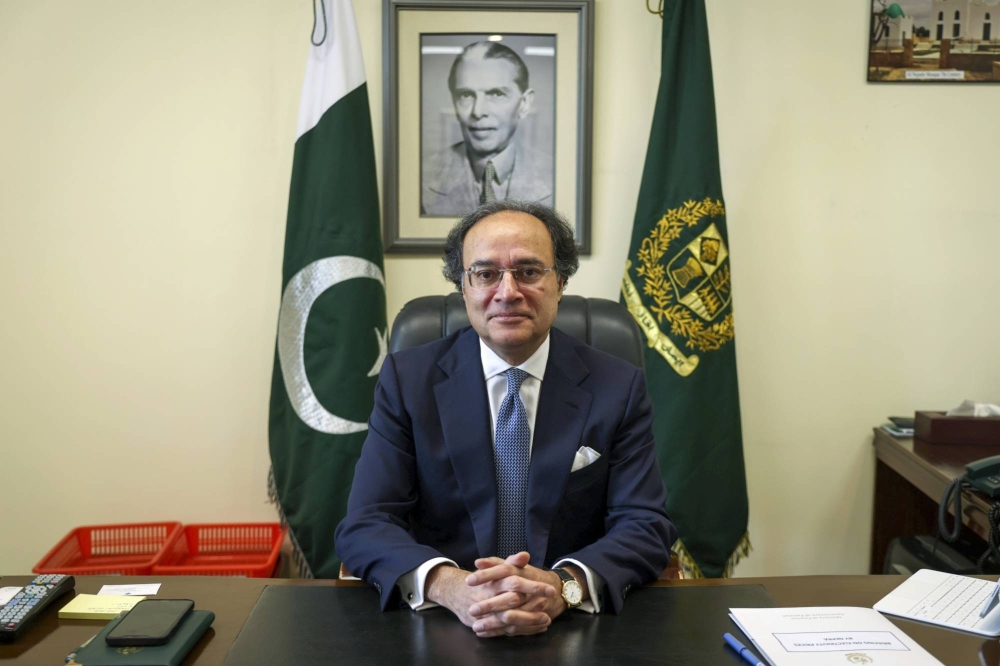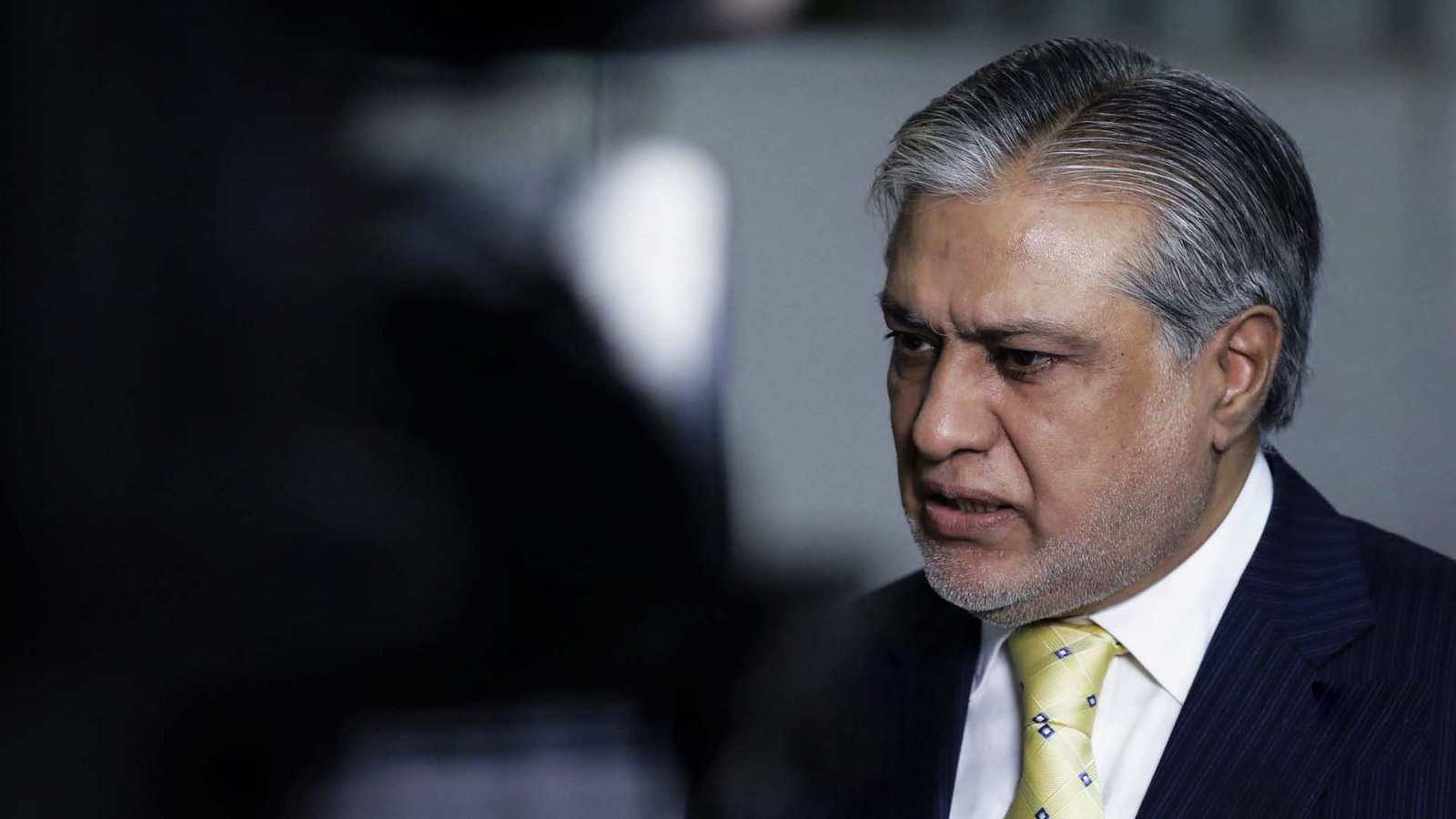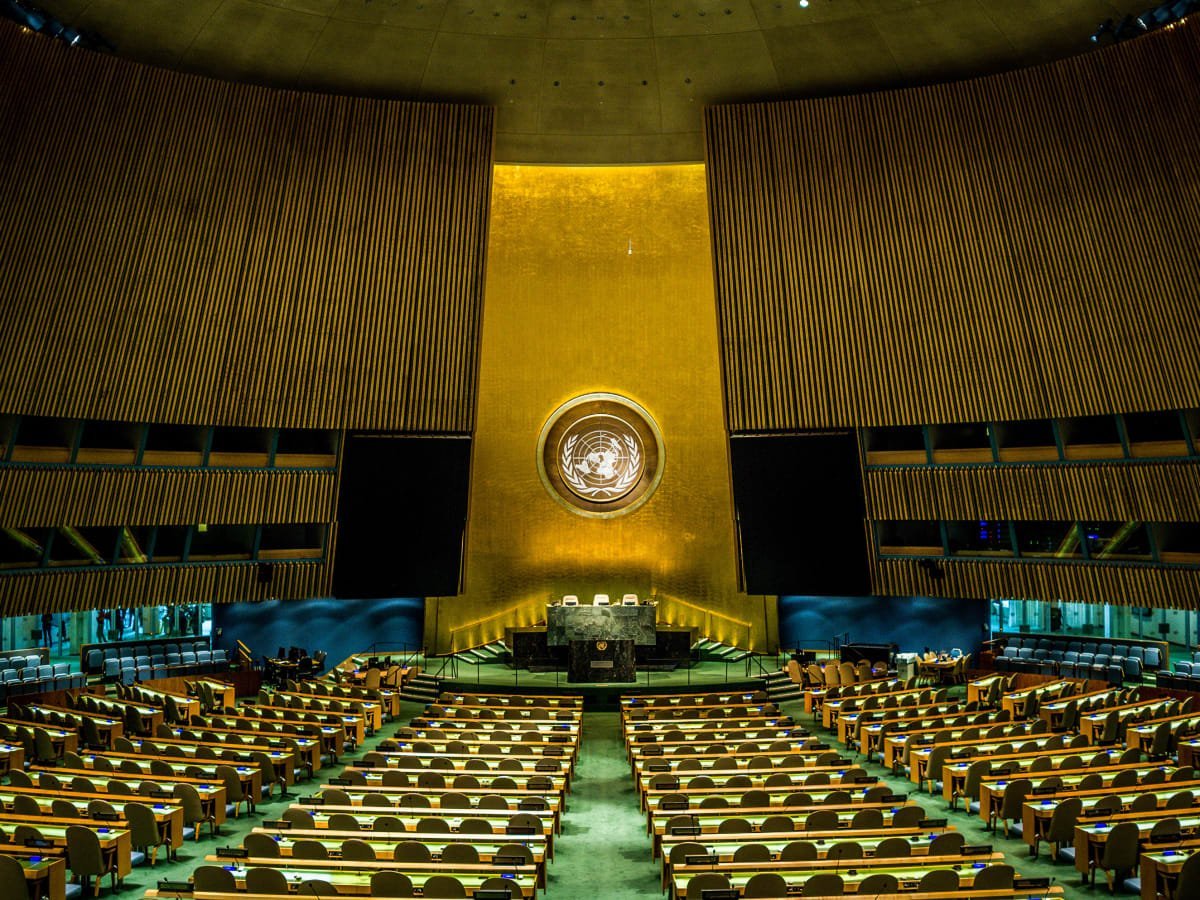Amid rising tensions between Pakistan and India following the deadly Pahalgam attack, Prime Minister Shehbaz Sharif held a phone call with newly elected Iranian President Masoud Pezeshkian on Saturday evening, during which he welcomed Iran’s offer to help de-escalate the situation.
The April 22 attack in Pahalgam, a tourist hub in Indian-occupied Kashmir, left 26 people dead in what has become the region’s deadliest assault since 2000. The little-known militant group The Resistance Front (TRF) reportedly claimed responsibility. India has implied cross-border involvement, while Pakistan has firmly denied any connection and condemned all forms of terrorism.
In his conversation with the Iranian president, PM Shehbaz reaffirmed Pakistan’s desire for regional peace and expressed Islamabad’s openness to any role Iran wishes to play in reducing tensions. He also reiterated Pakistan’s readiness to participate in an “impartial and transparent” investigation into the attack, highlighting the country’s long history of being a victim of terrorism, both in lives lost and economic costs.
Commenting on India’s abrupt suspension of the Indus Waters Treaty, Shehbaz labeled the move as a dangerous escalation and warned that “weaponising water is unacceptable,” vowing that Pakistan would defend its rights at any cost.
He also extended solidarity with Iran following the explosion at Shahid Rajaee port and offered assistance, reflecting the strengthening bilateral ties. Both leaders extended mutual invitations to visit each other’s capitals in the near future.
Meanwhile, Deputy Prime Minister Ishaq Dar held a separate call with Chinese Foreign Minister Wang Yi, rejecting India’s “baseless propaganda” and reaffirming Pakistan’s commitment to its strategic partnership with China. Both sides pledged to oppose unilateralism and maintain regional stability through deeper cooperation.
Together, these diplomatic moves show Pakistan’s efforts to rally international support while countering India’s narrative and actions on multiple fronts.






